Moroccan Spice 100gr
Moroccan spice, also known as Moroccan seasoning or Ras el Hanout, is a blend of spices commonly used in Moroccan cuisine. It is known for its complex flavor profile, combining aromatic, warm, and slightly sweet notes. While the specific ingredients can vary, depending on the blend and individual preferences, here are some of the most common uses of Moroccan spice:
- Moroccan tagines: Tagines are traditional Moroccan slow-cooked stews made with meat, poultry, or vegetables. Moroccan spice is a key component in seasoning these dishes, providing a rich and flavorful base. It complements the ingredients and adds depth to the overall taste.
- Couscous: Moroccan spice is often used to flavor couscous, a staple grain in Moroccan cuisine. It can be added directly to the couscous during cooking or sprinkled on top before serving. The spice blend enhances the taste of the couscous and adds a delightful aroma.
- Grilled or roasted meats: Moroccan spice can be used as a rub or marinade for grilled or roasted meats. It adds a fragrant and savory element to the meat, infusing it with the flavors of the spice blend. It works well with lamb, chicken, beef, and even fish.
- Vegetable dishes: Moroccan spice can be used to season various vegetable dishes, such as roasted vegetables, sautéed greens, or vegetable tagines. It adds depth and complexity to the flavors of the vegetables, making them more interesting and flavorful.
- Rice and grain dishes: Moroccan spice can be added to rice or grain dishes to infuse them with a Moroccan twist. It can be used in pilafs, rice-based stuffings, or mixed into grains like quinoa or bulgur wheat.
- Dips and spreads: Moroccan spice can be incorporated into dips and spreads like hummus, yogurt-based sauces, or harissa. It adds a unique and exotic flavor to these condiments, making them more vibrant and flavorful.
Moroccan spice is versatile and can be used in various other dishes based on personal preference and culinary creativity. It’s worth noting that different brands or homemade blends may have slightly different variations of the spice mix, so the exact flavor profile can vary.
Moroccan spice is a blend of spices commonly used in Moroccan cuisine. The ingredients may vary, but can include cumin, coriander, ginger, paprika, cinnamon, and turmeric, among others. Here are some potential health benefits associated with consuming Moroccan spice:
- Anti-inflammatory properties: Many of the spices in Moroccan spice, such as turmeric and ginger, contain compounds that have anti-inflammatory properties, which may help reduce inflammation in the body and alleviate pain.
- Digestive health: Some of the spices in Moroccan spice, such as cumin and coriander, have been shown to improve digestion and alleviate digestive issues such as bloating, gas, and constipation.
- Antioxidant properties: Many of the spices in Moroccan spice contain antioxidants, which can help protect the body’s cells from damage caused by free radicals.
- Blood sugar regulation: Some studies have shown that cinnamon, a common spice in Moroccan spice blends, may help regulate blood sugar levels and improve insulin sensitivity.
- Immune system support: Some of the spices in Moroccan spice, such as ginger, may help support the immune system and fight off infections.
- Cardiovascular health: Some studies have shown that the spices in Moroccan spice blends may help lower cholesterol levels and reduce the risk of cardiovascular disease.
It’s important to note that the health benefits of Moroccan spice may vary depending on the specific ingredients used in the blend. As with any supplement or spice, it’s always a good idea to talk to your healthcare provider before adding it to your diet.

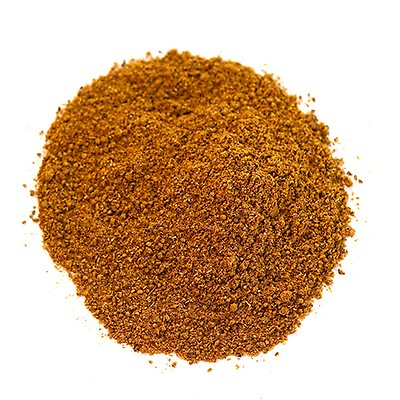
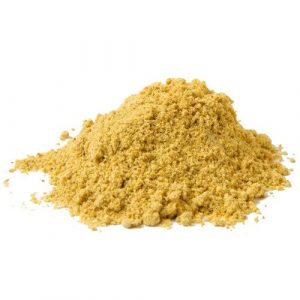
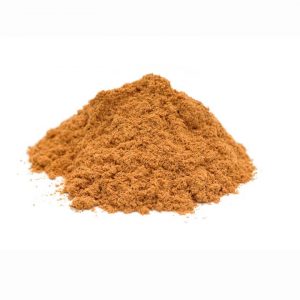
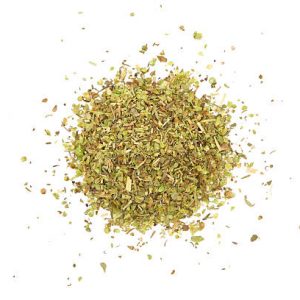
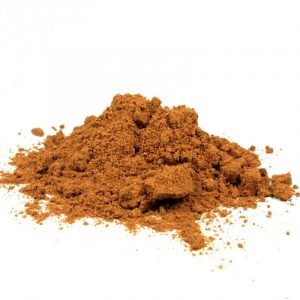
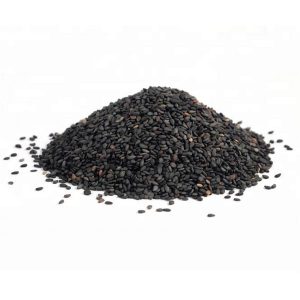
Reviews
There are no reviews yet.